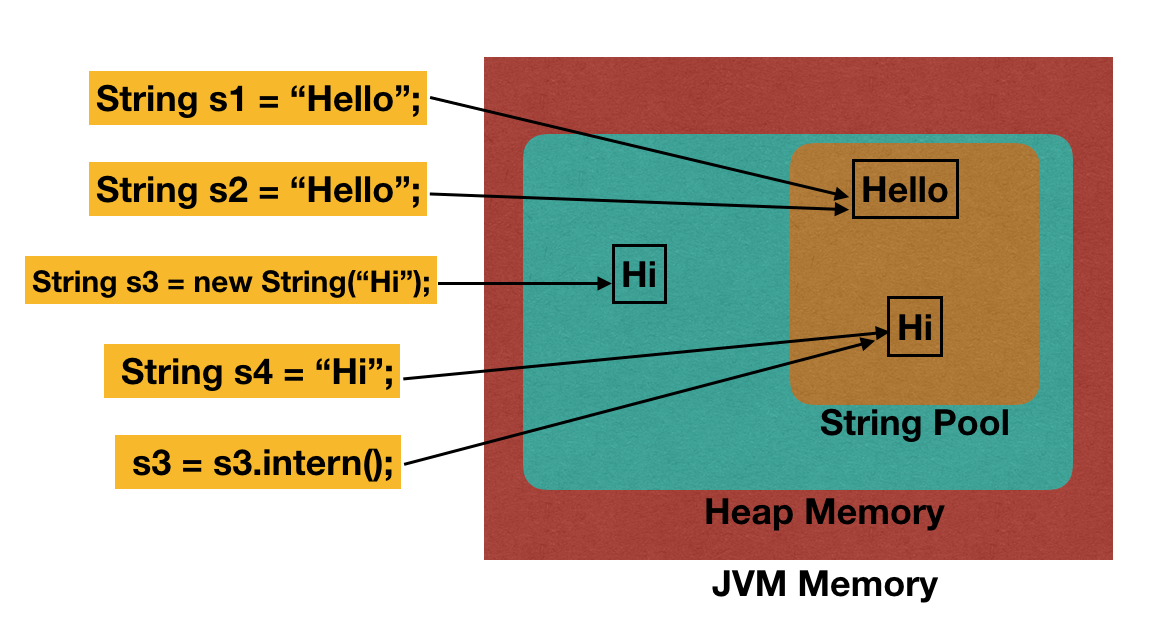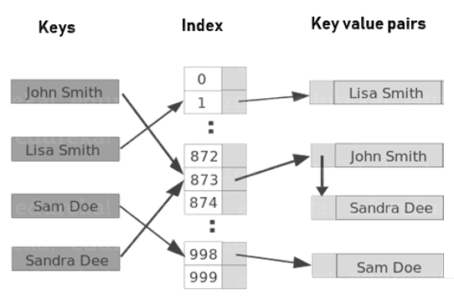Why Are Strings Immutable in Java? Comprehensive Guide for Beginners
Why Are Strings Immutable in Java? Comprehensive Guide for Beginners
Blog Article
What Is Unalterable Strings and Just How It Works
In the realm of programs, recognizing the concept of unalterable strings is paramount for producing protected and robust applications. Immutable strings describe strings that can not be changed after they are developed, ensuring information honesty and predictability within the code. This fundamental principle plays a vital function in numerous shows languages and supplies an unique strategy to taking care of data. By exploring the ins and outs of exactly how unalterable strings work, one can reveal a globe of benefits and possibilities that can boost the high quality and efficiency of software program advancement.
The Fundamentals of Unalterable Strings
Immutable strings, as an essential concept in programs, are character sequences that can not be transformed as soon as they are produced. This indicates that once a string is designated a value, that worth can not be altered. In languages like Python and Java, strings are unalterable items, bring about different implications in regards to memory management and data honesty.
One of the key benefits of immutable strings is that they give a sense of safety in information manipulation. Since the content of an unalterable string can not be modified, it makes certain that the initial information remains undamaged, decreasing the risk of unintentional adjustments throughout program execution (Why are strings immutable in Java?). This residential property likewise simplifies debugging procedures, as developers can trust that when a string is defined, its value will certainly not be unintentionally modified
When a new string is developed based on an existing one, instead than changing the initial string, the brand-new worth is kept separately. In general, understanding the fundamentals of unalterable strings is critical for understanding programming principles and optimizing code efficiency.
Advantages of Unalterable Strings
Structure upon the safety and efficiency benefits of immutable strings, their advantages include improving code dependability and simplifying concurrent shows tasks. By being immutable, strings can not be changed after production, which removes the threat of unplanned adjustments in the data they save. This integral immutability ensures that once a string is created, its value remains consistent throughout the program's implementation, reducing the opportunities of bugs triggered by unexpected alterations.
Additionally, immutable strings add to code dependability by making it less complicated to reason regarding the state of a program. Considering that strings can not be changed, designers can trust that a string will certainly always hold the same worth, streamlining debugging and maintenance initiatives. This predictability brings about extra steady and dependable codebases.

Execution in Programs Languages
Within different programs languages, the incorporation of unalterable strings is a basic aspect that influences how information is managed and adjusted within code structures. The implementation of immutable strings differs across different programs languages, with each language supplying its own devices to sustain this concept.

On the other hand, languages like C and C++ do not have built-in support for immutable strings. Designers in these languages need to manually apply immutability by implementing guidelines within their code to prevent direct adjustments to string items.
Ideal Practices for Dealing With Unalterable Strings
When dealing with immutable strings in programs languages like Java and Python, sticking to best methods makes certain effective and safe and secure information adjustment. One of the essential best methods is to utilize StringBuilder or StringBuffer rather than straight adjusting strings, especially when dealing with comprehensive concatenation procedures. These classes offer mutable options for string manipulation, aiding to avoid unnecessary memory allowances and enhancing efficiency.
Furthermore, when functioning with sensitive data such as passwords or API click here for info secrets, it is crucial to avoid saving them as simple text in unalterable strings. Making use of secure storage mechanisms like char varieties or specialized libraries for handling delicate info aids mitigate safety risks linked with immutable strings.
Real-world Applications and Instances
Checking out functional implementations of unalterable strings in different sectors discloses their substantial effect on information integrity and system dependability. In the healthcare sector, unalterable strings play a crucial function in ensuring the security and privacy of patient data. By protecting against unauthorized alterations to sensitive info such as clinical records and prescriptions, unalterable strings aid maintain compliance with rigorous privacy laws like HIPAA.
Monetary institutions additionally benefit from the unalterable nature of strings to boost the security of consumer data and purchase documents. Unalterable strings aid protect against scams and unapproved changes to financial details, offering a durable protection against cyber dangers and ensuring the count on and self-confidence of clients.

Verdict
To conclude, immutable strings are fixed and unchangeable series of characters that use advantages such as string safety and boosted efficiency in programming. They are executed in different programming languages to make certain information stability and security. Ideal practices for dealing with unalterable strings include preventing straight alterations and using methods that return brand-new string objects. Real-world applications of unalterable strings include data encryption, caching, and string manipulation tasks.
Unalterable strings refer to strings that can not advice be changed after they are created, ensuring data honesty and predictability within the code. When a new string is produced based on an existing one, rather than modifying the original string, the brand-new worth is saved separately.In languages like Java and Python, strings are unalterable by default, suggesting that as soon as a string object is created, its worth can not be changed - Why are strings immutable in Java?. Best practices for functioning with immutable strings include avoiding straight adjustments and using approaches that return new string items. Real-world applications of unalterable strings consist of information encryption, caching, and string adjustment jobs
Report this page